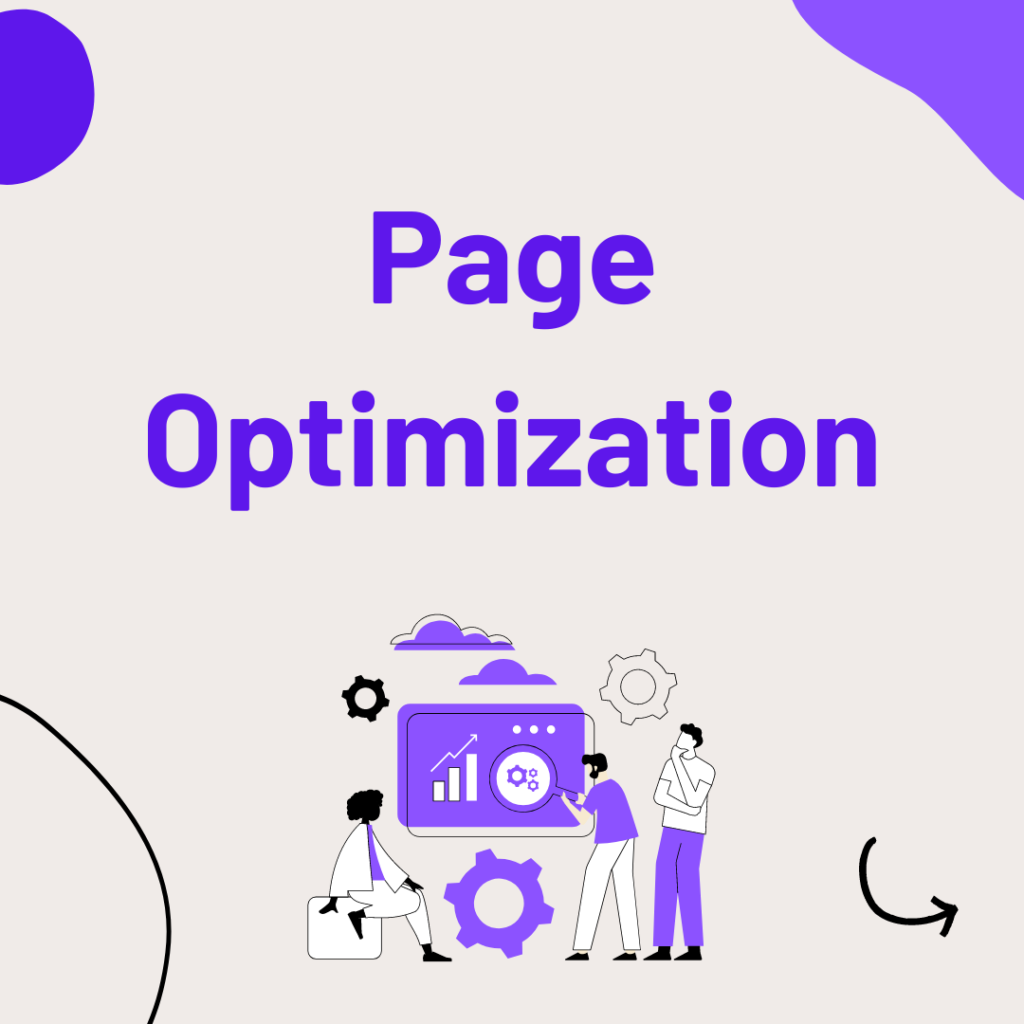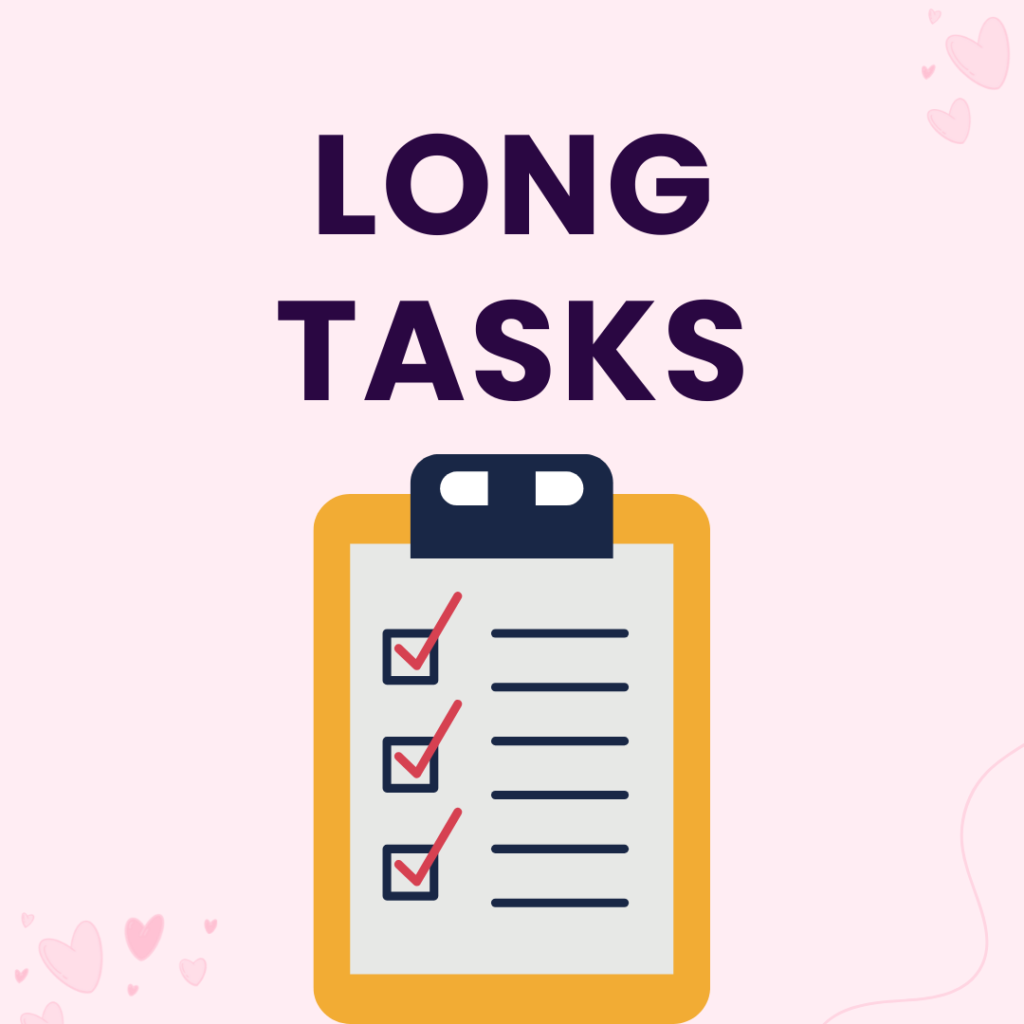
Fast SEO results can have a significant impact on your business, whether you’re running an e-commerce site or just trying to keep up with the latest social media trends. The average user doesn’t want to wait five seconds to load up your page — and if it takes longer than that, they’ll likely move on to something else.

If you’re looking to increase the visibility of your business, search engine optimization (SEO) is one of the best ways to get started. But the implementation of SEO can be a little overwhelming for those who are new to it, and the pace at which you should expect
results can seem frustratingly slow at times.
However, optimizing your website’s code can be difficult and time-consuming, so here are some tips on how to get faster SEO results without sacrificing the quality of your code. Start with these points and you’ll be well on your way to making sure that search engines love your site just as much as the users who visit it!
Keyword Research

Knowing your keyword is critical for high rankings and staying relevant to your target audience. Keyword research is an important step in building a content marketing strategy, as it provides valuable information about what people are searching for online. There are many tools available that can provide you with relevant keywords, but choosing the right one can make all the difference when it comes to speeding up your search results.
A word of warning: don’t choose a tool that only offers broad matches, as they’ll often include words like parrot and seaweed. This will lead you down the wrong path and waste precious time while providing very few useful results. Instead, seek out a tool that offers precise matches such as Google AdWords Keyword Tool.
Tools such as Google AdWords Keyword Tool also offer a great deal of insight into keyword search volume, the average cost per click, and more. By running keyword combinations through these tools you can find related terms that are relevant and useful. Keyword research is an important step in your SEO strategy because it will help you create content that people actually want to read—and, most importantly, share with others.
Page Optimization

There are many ways you can optimize your site for speed, but in this post, we will go over a few that are key for search engine rankings. First, make sure your images are compressed and optimized for size. Next, install a plugin like W3 Total Cache that caches static files on your server. Now that you have cached static files, it’s time to cache dynamic data with Memcached or Redis.
All of these tools provide an easy way to handle caching so you don’t have to worry about it while building out your site. Finally, use external resources sparingly and only as needed since they will slow down your site significantly if used incorrectly. By following these simple rules, you’ll be on your way toward getting faster SEO results!
T The techniques listed above will help you get a significant speed boost, but they’re not enough to compete with your competitors. In order to get faster SEO results, you will also need to consider your web hosting environment and how that impacts your performance. A poorly configured or over-utilized server can slow down every site on it by default and it isn’t much you can do about it.
Technical Site Issues

There are a lot of technical aspects that can affect how quickly your site appears in Google’s search results. These include things like server speed, connection speed, and how well-indexed your site is. Your best bet is to hire an expert who knows how these work. They will be able to identify what needs improvement and how you can get it done.
If you don’t have an expert on hand, or if your site is pretty new, there are still a few things you can do. The first thing is to make sure your sitemap files are up-to-date. A sitemap lists all of your content and links to it so that search engines know what your site’s about and where to find everything in order to help them categorize it properly.
It also keeps outdated pages from being included in search results. If something gets broken, like a URL redirect or page redirect, get it fixed as soon as possible so that Google knows what’s happening with your site and doesn’t count that old information toward ranking you.
Crawling Issues

Crawling is one of the biggest challenges with search engines. It’s hard for them to see what your site is about if they can’t crawl it. The first step in speeding up your site is to make sure that all of your content is accessible from a single page (no more than 1,000 links). That way, search engine crawlers can quickly find and index all of the pages on your website.
Next, make sure that you have no broken links on your site and pay attention to how often you update your content so that search engines don’t penalize you for changing things frequently.
In addition, you should use your crawl budget wisely. A crawl budget is the amount of time dedicated each day to crawl a particular website. If a website isn’t updated frequently, it’s easy for search engine crawlers to hit a cap on their daily crawl budget, slowing down their indexing process.
Using robots.txt effectively can help alleviate these issues; however, be aware that doing so can prevent search engines from seeing important pages like sitemaps and RSS feeds.
Long Tasks

In many cases, SEO is about long-term planning and understanding what you’re doing. There are a few things that you can do in order to get faster results from your search engine optimization efforts.
1). Create good content for your site. This means that you need articles, videos, infographics, images, and more content on your site that people want to read or watch. Creating quality content will help you rank higher on search engine results pages (SERPs) and attract more visitors over time as well as improve your credibility online.
2). Create a social media campaign with specific goals in mind so that it’s not just random posts with no strategy in place.